Western Sahara independence leader vows to continue fight along wall with Morocco
Western Sahara independence movement leader Brahim Ghali has vowed to continue the fight against Morocco along the desert barrier that separates the areas occupied by Rabat and those liberated by the Polisario Front until the international community delivers on promises of self-determination for the Sahrawi people.
Ghali made the remarks in a speech to hundreds of Sahrawis at the Dajla refugee camp in Algeria’s southwest province of Tindouf on Tuesday, marking the day of Sahrawi unity, and he defended his movement’s decision in November 2020 to call off a 1991 ceasefire.
“There will be neither peace, nor stability, nor a just and lasting solution to the Moroccan-Saharawi conflict unless the UN Security Council assumes its responsibilities in responding frankly and firmly to the aggressive and expansionist practices of the Moroccan occupying power,” Ghali said.
He further called on the UN to pay attention to resolving the long-running territorial dispute between the Sahrawis and Morocco, warning that the conflict could escalate and destabilize the entire North Africa region.
“The war is already raging on the ground. And its dangers and repercussions on the region cannot be avoided if the United Nations continues to manage the crisis instead of solving it,” Ghali said.
This came after Polisario officials told The Associated Press that at least 8 of their fighters had died in combat or while retreating from attacks launched on Moroccan army positions along the wall.
Ghali also accused “countries, companies or others” doing business with Morocco in the disputed territory of supporting “an illegal, aggressive and expansionist operation, and the theft and looting of the wealth of an oppressed and defenseless people.”
Resource-rich Western Sahara, a former Spanish colony, was claimed by Morocco in 1957, but its indigenous population is firmly opposed to Moroccan control and has been calling for independence from the North African country.
Morocco annexed the vast Western Sahara region, a former Spanish colony, in the 1970s and has since been in conflict with the Algeria-backed Polisario Front — a movement that seeks to establish an independent state in the territory and end Morocco’s presence there.
Morocco is currently in control of 80 percent of the region, including its phosphate deposits and fishing waters. It has built an approximately 2,700-km (1,700-mile) -long wall running through the disputed territory to keep Sahrawis out of the resource-rich region.
Western Sahara’s indigenous population is firmly opposed to Moroccan control and has been calling for independence from the North African country and for a referendum on their self-determination, something that has been pledged to the region in UN resolutions.
The UN has deployed the peacekeeping mission MINURSO to the region to monitor a 1991 ceasefire and to supposedly organize a referendum on the region’s status.
However, the world body’s envoys have failed to set the stage for a referendum on Western Sahara’s future.
The long-standing conflict between the two sides has received renewed attention due to growing frustration among the Sahrawi people, particularly after the United States disregarded the UN efforts by backing Morocco’s claim to sovereignty over the entire disputed territory last year.
Morocco became the fourth Arab country — after the United Arab Emirates (UAE), Bahrain, and Sudan — to reach a normalization agreement with Israel, which was brokered by the administration of ex-US President Donald Trump during its final days in office. As part of the contentious deal, Trump agreed to recognize Morocco’s authority in Western Sahara.
US President Joe Biden has not carried out actions to make the recognition of Morocco’s sovereignty announced by his predecessor effective on the ground.
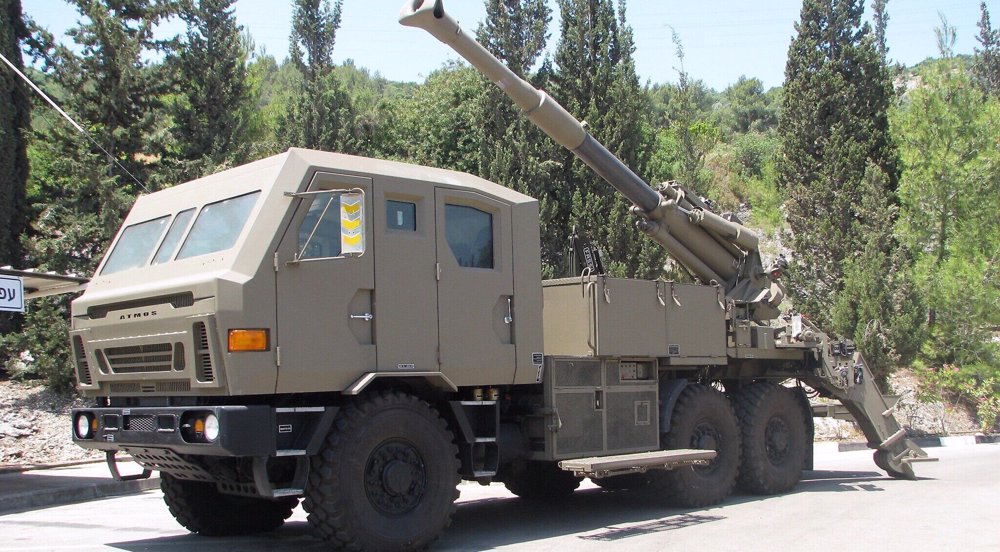
Morocco signs deal with notorious Israel’s Elbit to buy ‘battle-tested’ arms: Report

Protests in Morocco as US-flagged ship carrying arms to Tel Aviv docks at Tangier

Tunisia votes with Saied set for re-election
Israel’s massacres won’t grant it ‘legitimacy’: Hamas on 31st anniversary of Ibrahimi Mosque tragedy
French leader decries ‘unprecedented diplomatic scandal’ after Israel bars European MPs
VIDEO | Washington’s failed projects
VIDEO | Islamabad exhibition exposes Israeli atrocities in Gaza
Trump rescinds arms sales regulation in favor of Israel, sources say
Iran’s president vows to accelerate cooperation with Russia
Palestinian says Israeli jailers poured acid on him during interrogation
Iran, Turkmenistan seek increased cargo transit via railways


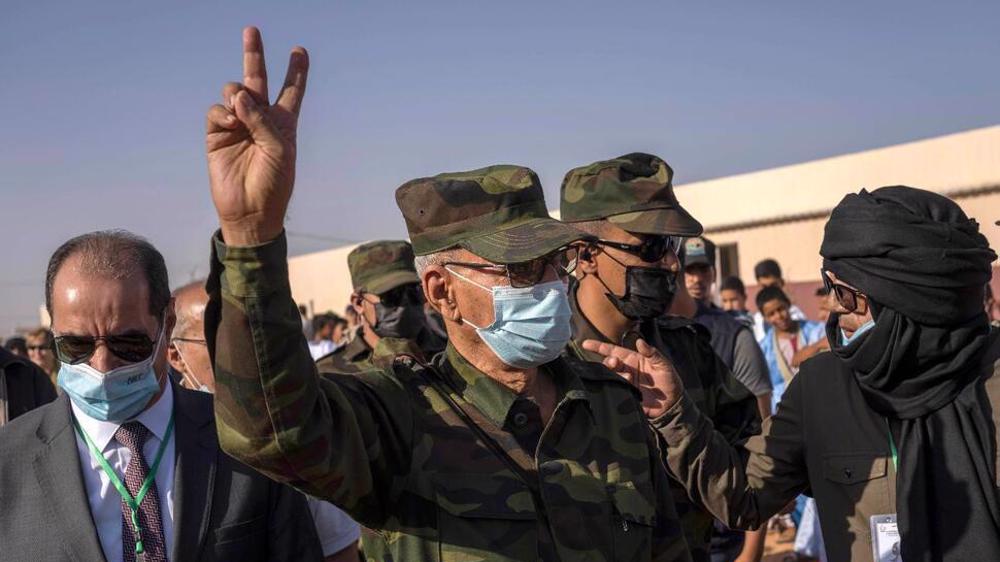
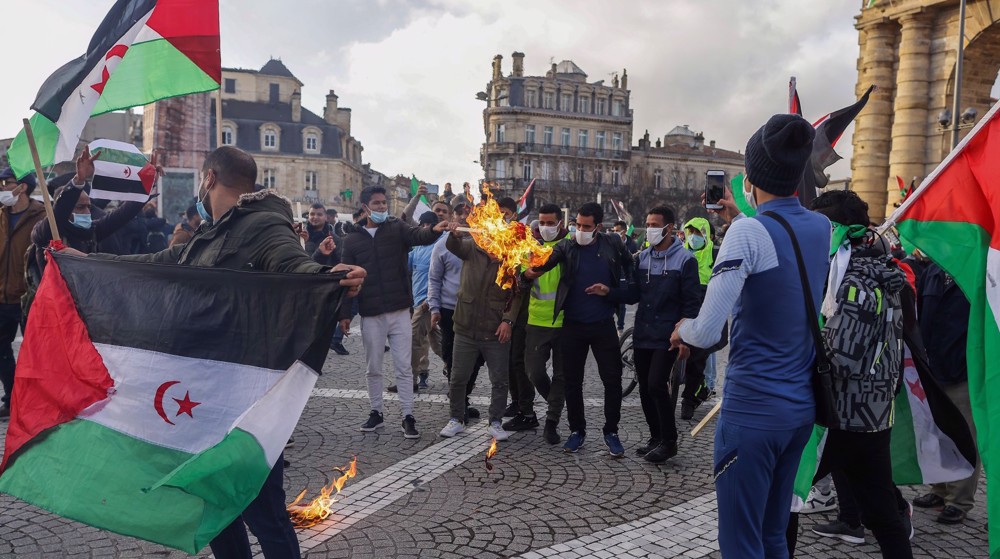
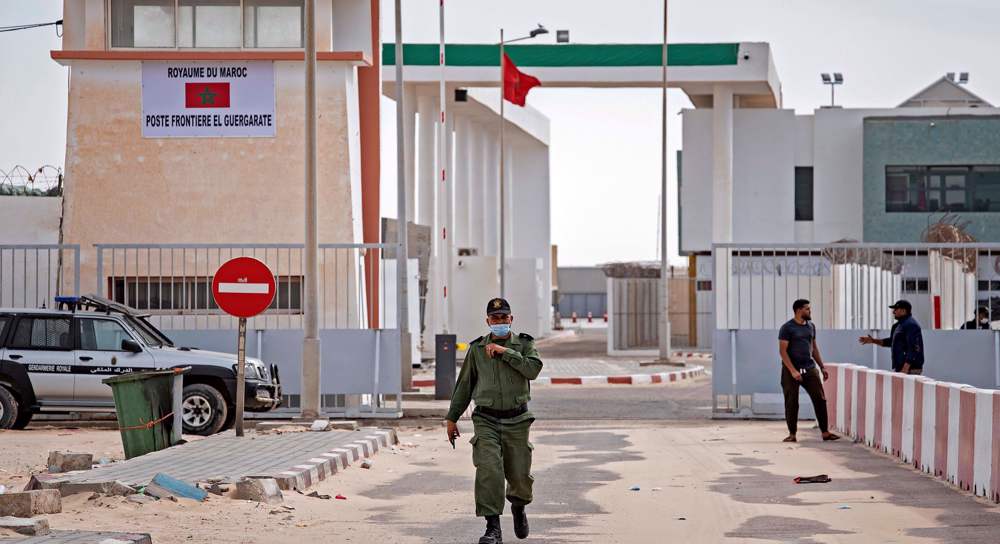



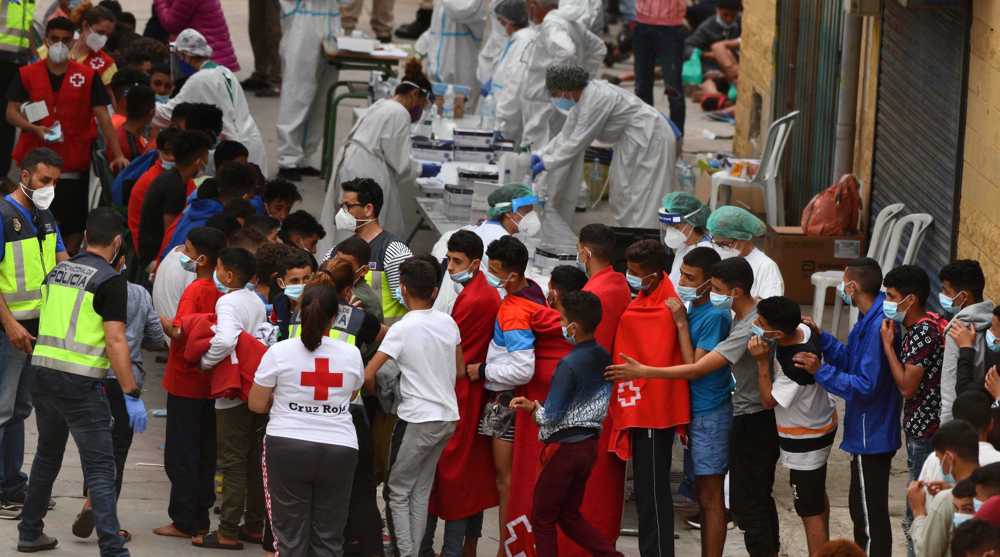
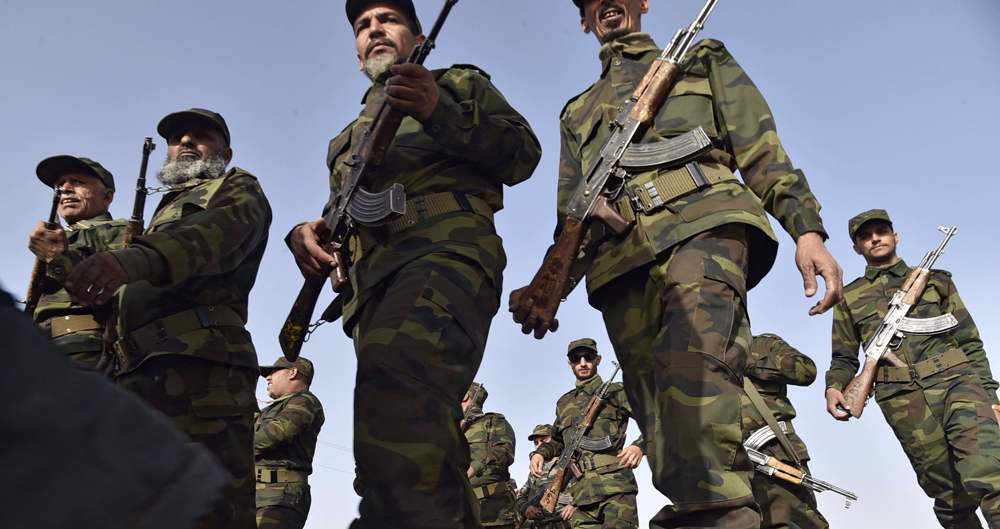

 This makes it easy to access the Press TV website
This makes it easy to access the Press TV website